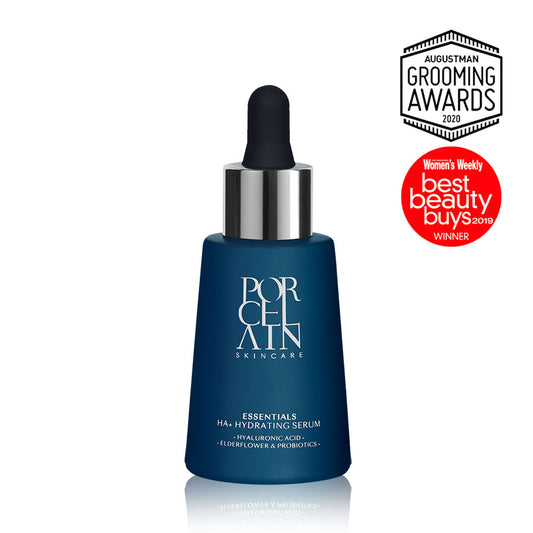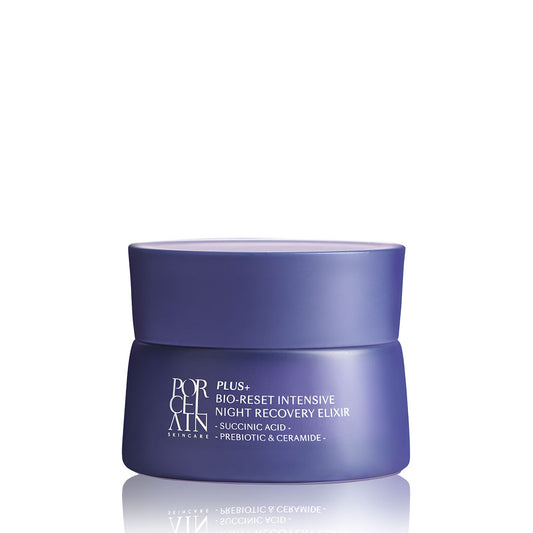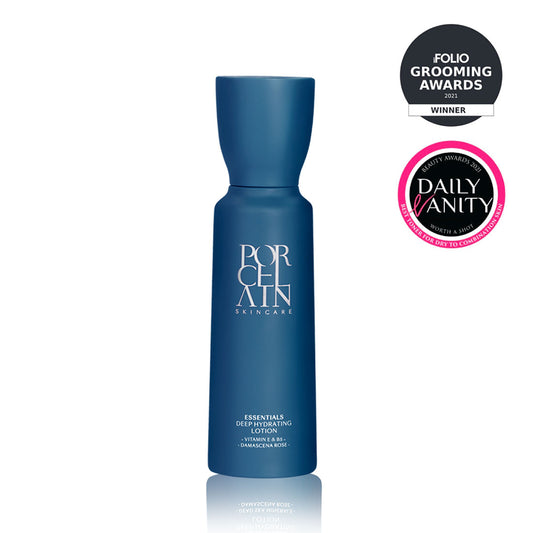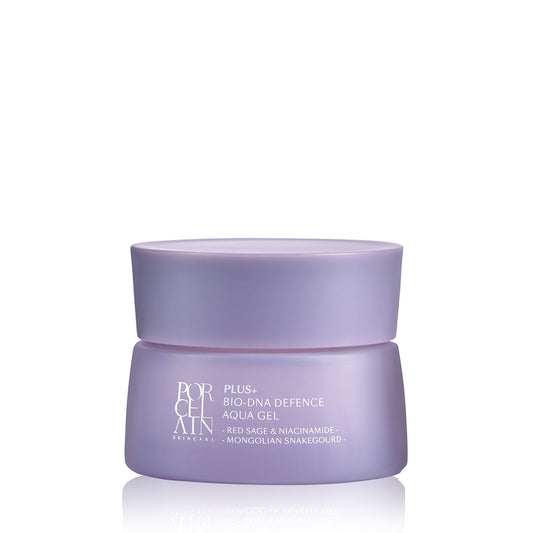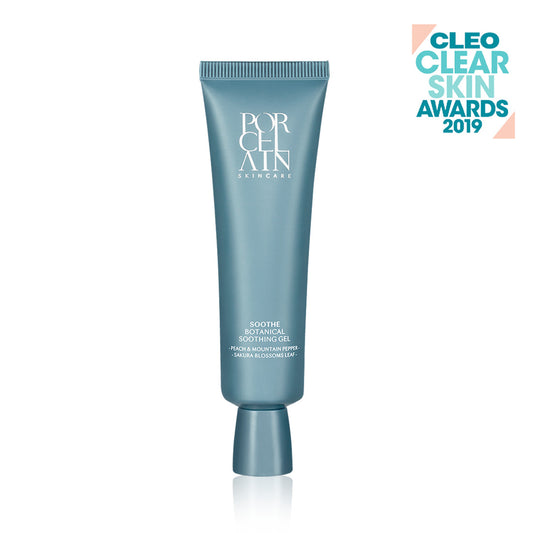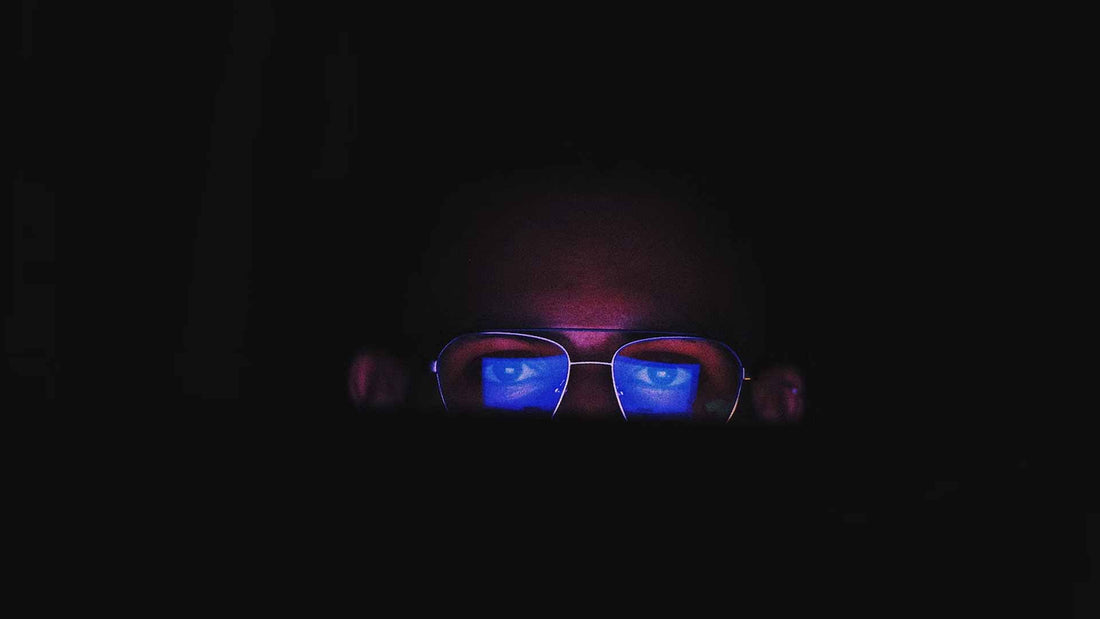Many of us have shared the common experience of being chided by our parents for sitting too close to the TV or holding our phones too close. We’re sure that their nags are often met with eye rolls and inner rebuttals about how they’re being dramatic. But what if their criticisms held some truth?
What is Blue Light?

Apart from the potential harm that screens can do to your vision, the blue light emitted by your devices can impact your sleep cycles and damage your skin’s cells directly. Before we delve deeper into the hidden dangers of blue light, let’s first understand it.
Light comes in a variety of wavelengths – this allows us to perceive different shades of it. The harmful blue light is light in blue wavelengths. Blue light is often emitted from electronics with screens as well as energy-efficient lighting. While blue light isn’t inherently negative – during daylight hours, they can boost attention, reaction times and mood – extended exposure at night can be extremely disruptive.
Effects of Blue Light
Blue Light and Sleep:
The most prominent result of blue light exposure (especially at night) is a disrupted sleep cycle. Exposure to blue light suppresses the body’s secretion of melatonin – a hormone that influences the body’s circadian rhythm (aka your body clock). This makes it harder to fall asleep and impacts the restful quality of your sleep.
Blue Light and Skin:
In terms of skin, the disrupted sleep cycle caused by blue light impacts the skin’s ability to repair itself from damage and inflammation. Additionally, poor sleep comes a whole host of skin-related issues. Dark eye circles, weaker skin barrier, increased dryness in the skin and a loss of suppleness in the skin resulting in loose skin with deeper wrinkles.
’Beyond matters of sleep, exposure to blue light throughout the day can destroy collagen through oxidative stress. Blue light has been shown to penetrate deeper into the skin than UVA and UVB rays – specifically, the dermis where the skin’s collagen and elastin lies. This allows blue light to age skin faster. Over time, this means a loss of suppleness in the skin and deeper wrinkles.
For darker skin tones, studies have shown that exposure to blue light can cause hyperpigmentation (particularly in medium to darker skin tones).

How to Protect Your Skin
While reducing the time spent with screens can largely contribute to protecting your skin from blue light, it’s a rather hard option to execute given the increased reliance on computers for work and leisure.
At Home:
With blue light being emitted from light bulbs at home, consider switching them from cooler shades to warmer or natural ones. Furthermore, night lights used to soothe you to sleep can also emit blue light (which ironically makes falling asleep harder). Thus, it’s best to switch the bulbs for a warmer shade or omit them for a more restful night’s sleep.
Additionally, where possible, consider using dim red lights during the night as they are less likely to shift your circadian rhythm and suppress melatonin production.
For Computers & Phones:
If working late at night, midnight Netflix binges or scrolling social media just before bed is part of your daily routine, switch on “Eye Saver Modes” or “Night mode” to reduce the blue light emitted by your screen. These modes turn the screen a slight shade of yellow to minimise the amount of blue light emitted.
Should your devices not come with the above modes, programs like f.lux help to control the blue light emitted based on your circadian rhythm for minimal disruption to your internal body clock.
However, these are tools to mitigate the effects of blue light. Whenever possible, avoid screens and other electronic devices 2 to 3 hours before bed to minimise its impact on your circadian rhythm.
Blue Light Blocking Glasses:
Glasses aren’t just a fashion accessory or tool for the visually impaired. They can be used to protect your eyes from harmful blue light emitted from screens. For those of us who already wear glasses daily, replacing your regular lenses with PC lenses or blue light cancelling lenses provides you with an additional layer of protection.
Furthermore, having blue light blocking lenses allows your glasses to protect the delicate skin around the eyes from oxidative stress that results from blue light exposure.
Skincare:
SPF’s protective capabilities are highly underrated. Not only does it protect you from the photoaging effects of UVA rays and burning effects of UVB, but it can protect you from the photoaging effects of blue light! To be specific, mineral SPF (SPF that contains iron oxides, zinc oxides or titanium oxides) have been best proven to protect the skin from blue light exposure. A good trick to know if the SPF you have is mineral or not is to see if it’s tinted – like our Skin Perfecting Moisturiser.

In addition to a protective layer of SPF daily, skincare products rich in antioxidants help counter the oxidative stress the skin undergoes from blue light exposure. Common yet potent antioxidants include Vitamin A, C and E, Caffeine and Niacinamide. Our recommendations? Give our Botanical Soothing Gel a shot at soothing, moisturising and infusing your skin with its potent antioxidants.

Looking to protect your delicate eye area from blue light’s oxidative stress? Try the RevitalEyes Concentrate – packed with Niacinamide and Caffeine to counteract oxidative stress while leaving you with youthful, revitalised eyes.
Start protecting your eyes, skin and health from the harmful effects of blue light with these tips and enjoy restful nights and refreshed skin.


